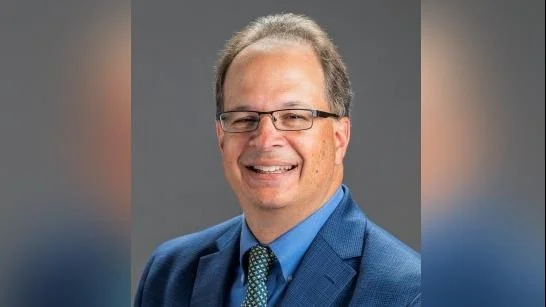Paul Arco Media Relations Coordinato | OSF HealthCare, Featured Stories, IL
Paul Arco Media Relations Coordinato | OSF HealthCare, Featured Stories, IL
Preventive care is a key part of raising healthy children, according to OSF HealthCare pediatrician Chasity Caperton, MD. Well-child visits are not only for treating illness but also for monitoring growth, development, and addressing potential health concerns.
“These visits during that time are very important so we can catch any abnormalities quicker and get them addressed in a timely manner,” said Dr. Caperton.
Well-child visits typically cover topics such as nutrition, physical activity, sleep habits, and other health-related issues. They also provide an opportunity for early detection of health problems, making them easier to manage or treat. Vaccinations are a central part of many well-child appointments.
In a child’s first year, visits are usually scheduled at two, four, six, and nine months, and again around the first birthday. “That time is important for the baby to grow and thrive,” Dr. Caperton said. “That's also the ages that we typically do a lot of the vaccinations and after that, they space out some to where they're every six months initially, until they reach the age of two, and then they become yearly.”
For older children, Dr. Caperton recommends preparing them for what to expect during the visit, including the possibility of vaccines such as the flu shot. “You should let them know that I'll be asking them questions on their diet, their physical activity,” Dr. Caperton added. “They might get a screening for depression, for instance. It’s better if they’re prepared.”
She emphasized the importance of communicating with children at an age-appropriate level. “If you're talking with a four-year-old, you get down there and try to use words that they understand. You approach them differently than you would a 15-year-old,” she said. “Teenagers require a different approach. Don't try to use their slang. It's not going to work. Talk to them like adults, not like children, because they want to be treated as adults.”
Dr. Caperton also stressed the importance of parents attending these appointments. “A lot of parents will not come to their well-child at certain ages, thinking it's not necessary. But it is very necessary to ensure the health of your child,” she said. “There are many things that we catch at a well-child visit. We catch murmurs, high blood pressure, many different things to treat that we otherwise would not have caught.”
Sports physicals, which can include monitoring heart and mental health or follow-up after a concussion, may be included in a well-child visit. Some pediatricians allow scheduling back-to-back appointments for families with more than one child, but parents should check with their provider’s office.
Further details about well-child visits can be found on the OSF HealthCare website.


 Alerts Sign-up
Alerts Sign-up